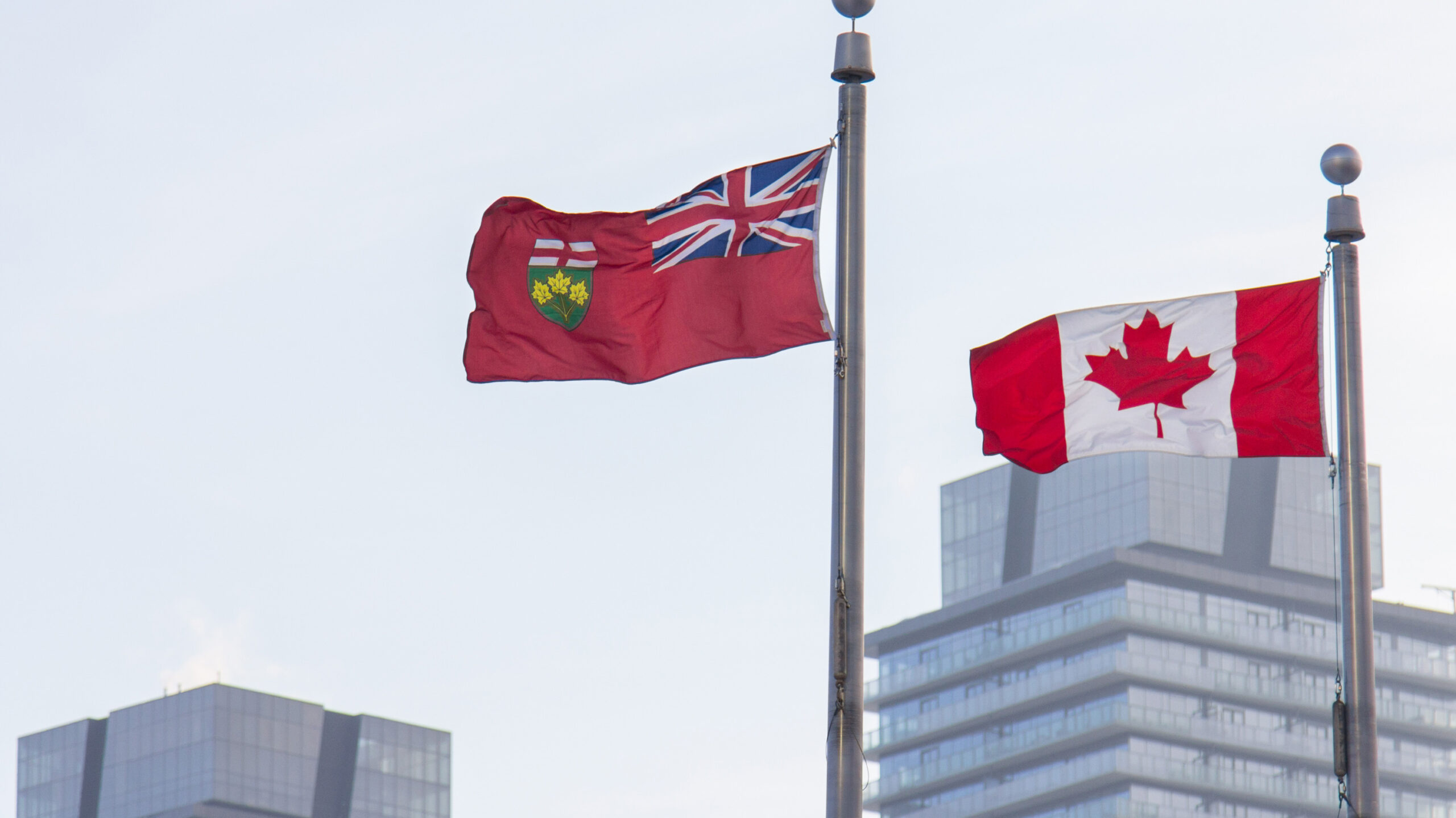Ontario Announces Another Ban on Phones and Vaping in Schools
In a bold move aimed at enhancing the learning environment in schools, the Ontario government, led by Education Minister Stephen Lecce, has unveiled plans to further restrict cell phone usage and completely ban vaping in educational institutions starting in the 2024-25 school year. This decision, announced on April 28th, is part of a broader initiative to address concerns over students' focus, mental health, and wellbeing.
According to CityNews, the new regulations will see students from kindergarten to Grade 6 required to keep their cell phones silent and out of sight throughout the school day unless permission is granted by a teacher. Meanwhile, students in Grades 7 to 12 will face a ban on phones during class time. Non-compliance could lead to students being asked to surrender their phones or, in cases of repeated violations, facing suspension as part of the school's progressive discipline policies.
In addition to limiting phone use, the Ford government's strategy includes an outright ban on vaping within school premises. Schools are tasked with confiscating vapes found with students, who risk having their parents or guardians notified about the incident. This measure is in line with existing restrictions in many schools but underscores the government's commitment to combatting vaping among youth. To bolster these efforts, the province has pledged to introduce more security cameras and vape detectors in schools, supported by a $30 million allocation in the recent budget for school safety enhancements.
The initiative also targets the pervasive influence of social media by removing access to these platforms from all school networks and devices. Ontario leads the charge as the first Canadian province to implement a blanket ban on social media access in educational settings, following similar yet more limited actions in Quebec and B.C.
Critics, however, question the enforceability and overall impact of these measures. Previous attempts to limit cell phone use in classrooms have met with challenges, including concerns over equity and the practicality of enforcement. Karen Littlewood, president of the Ontario Secondary School Teachers' Federation (OSSTF), expressed skepticism about the new policies' ability to effect meaningful change. This sentiment reflects the ongoing debate over the best approach to manage cell phone use in schools, with some advocating for a focus on fostering responsible technology use rather than outright bans.
In response to concerns over the mental health implications of excessive cell phone and social media use, the Ontario government announced a significant investment in student mental health support. A sum of $17.5 million will be dedicated to “new wrap-around supports for student mental health and parent engagement,” including initiatives aimed at addressing addictive behaviors and the detrimental effects of vaping and excessive phone use.
As Ontario prepares to roll out these new measures, the success of the bans on phones and vaping in schools will likely hinge on their implementation and the ability to balance discipline with support. The province's approach reflects a growing recognition in Canada of the need to safeguard students' learning environments and well-being amid the challenges posed by technology and vaping.




